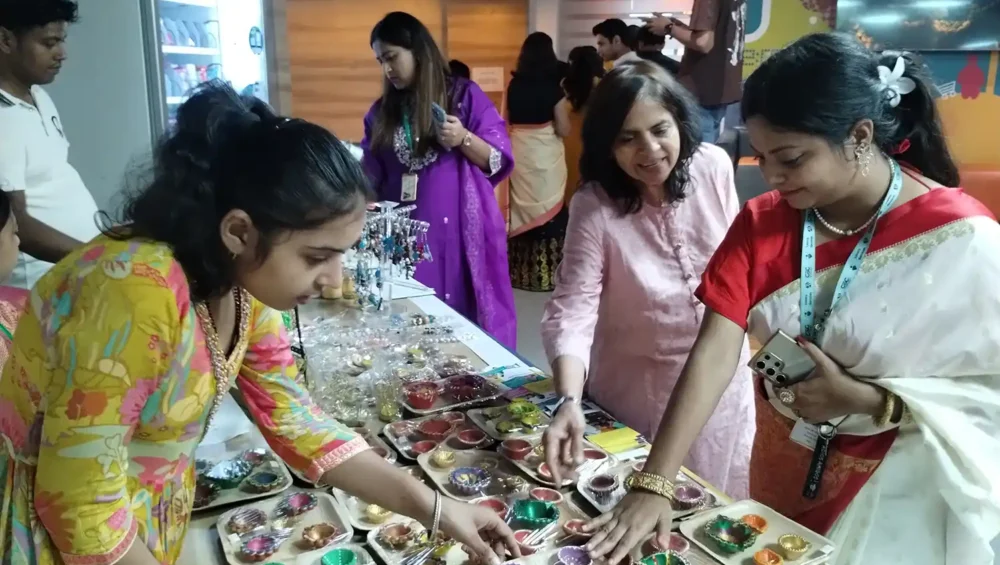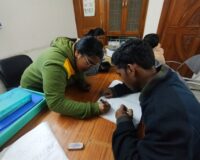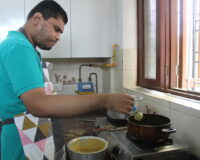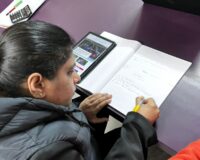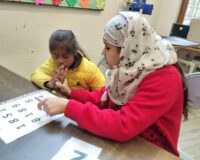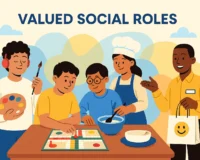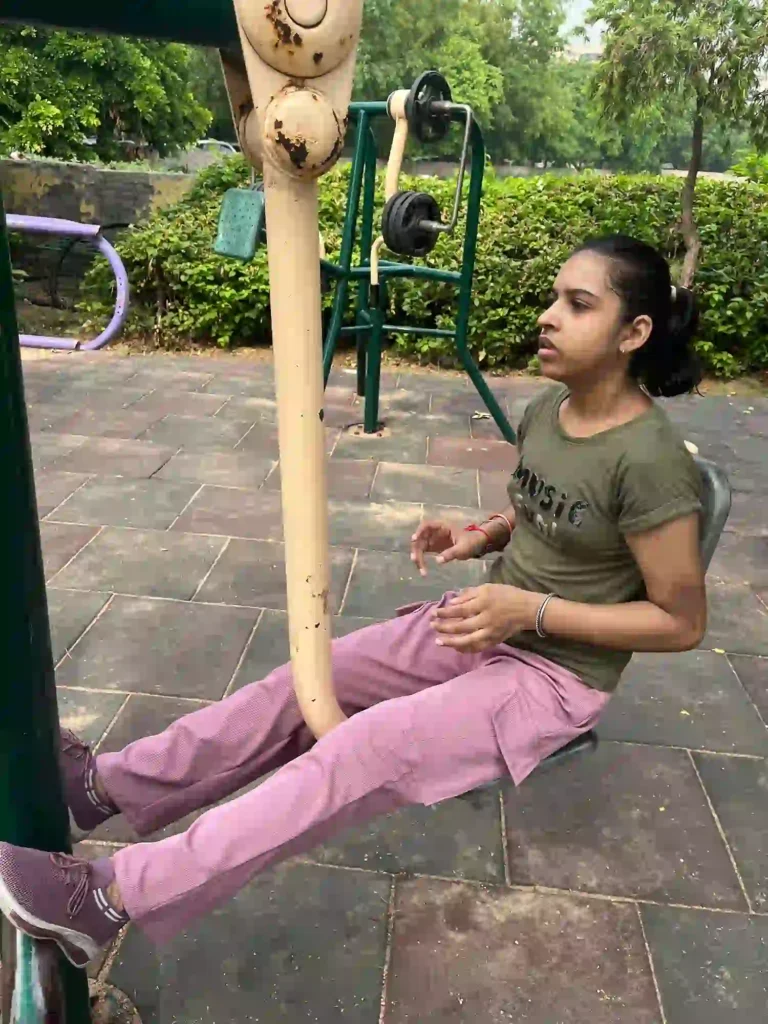
When Esha walks into a room, the first thing you notice is her style—carefully chosen earrings, a matching purse, and an easy grace that wasn’t always there.
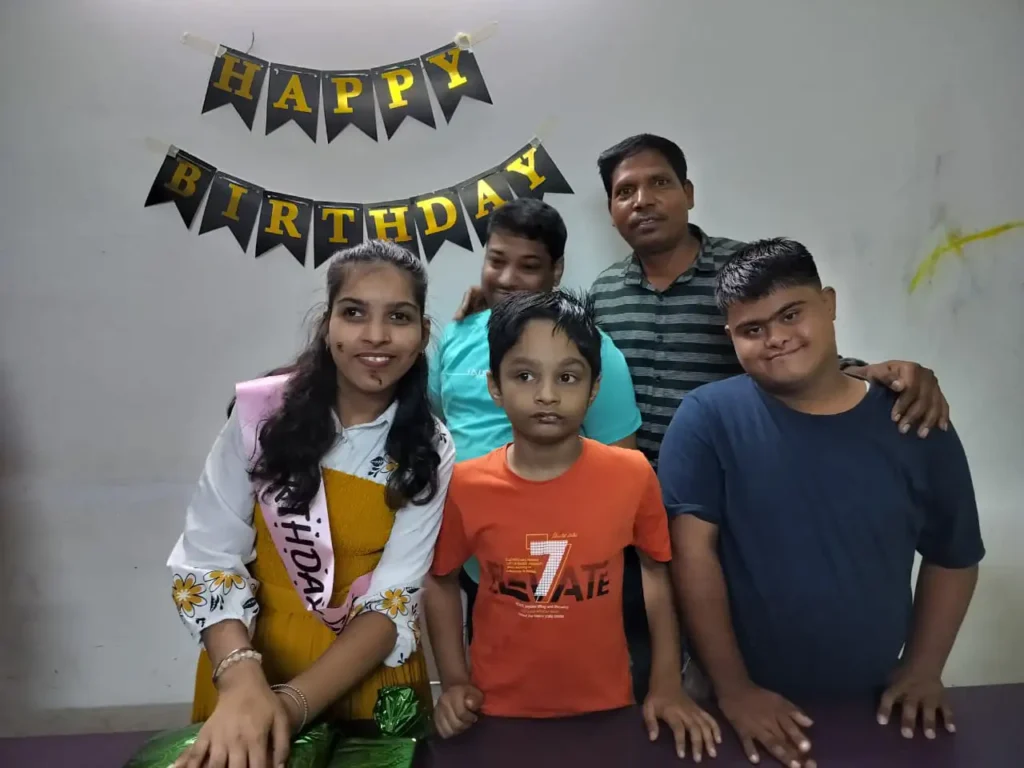
Born with intellectual disability and microcephalus, Esha’s childhood was filled with medical visits and uncertainty. Her mother remembers the sleepless nights—“We didn’t know if she would walk, talk, or study.” Over the years, Esha moved between mainstream and special schools, each step testing her confidence.
After completing her exams, Esha stayed home for nearly two years. “She had lost touch with friends,” her mother says. “She stopped going out. She thought we didn’t love her as much as her brother.”
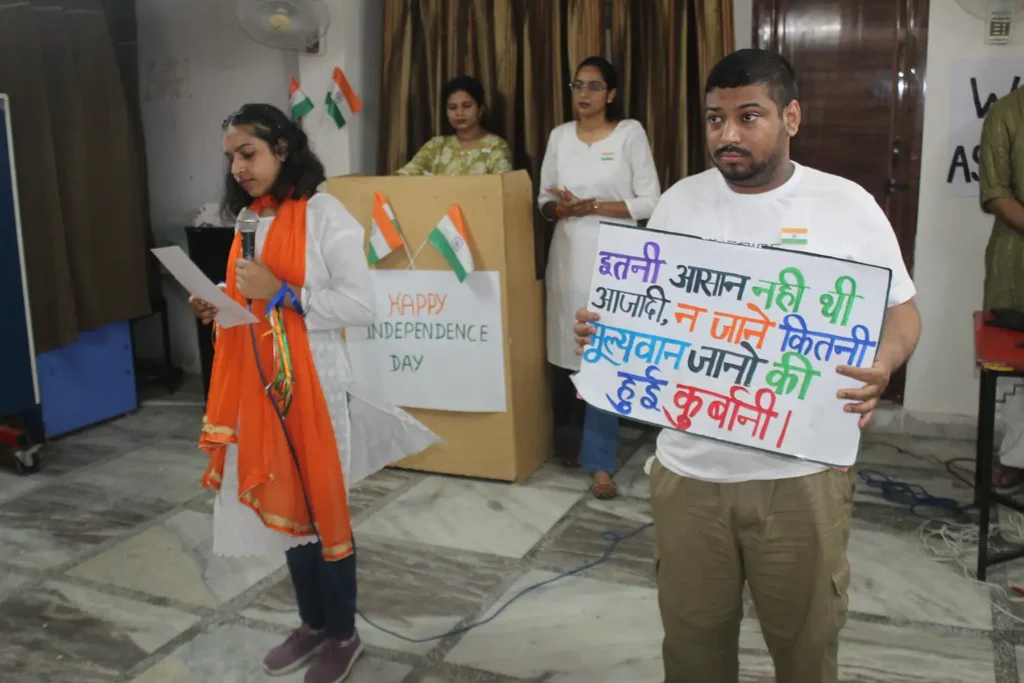
When she joined the Ashish Centre in 2023, she barely spoke. But through gentle structure, music, and creative learning, something began to change. “We didn’t rush her,” says one of her teachers. “We just gave her space—to find herself.”
Esha began with small tasks—tidying up her space, choosing her clothes, chopping vegetables. Slowly, she started experimenting—journaling her thoughts, trying new recipes, making bracelets and keychains. “When she listens to music, she glows,” her teacher smiles. “It’s like she connects with the world again.”
Her academic skills have grown too. Esha reads the news, shares her opinions in class, and is learning to manage money. More importantly, she’s begun to claim her place in her family and community—as a daughter who helps, a sister who supports, and a young woman who carries herself with dignity.
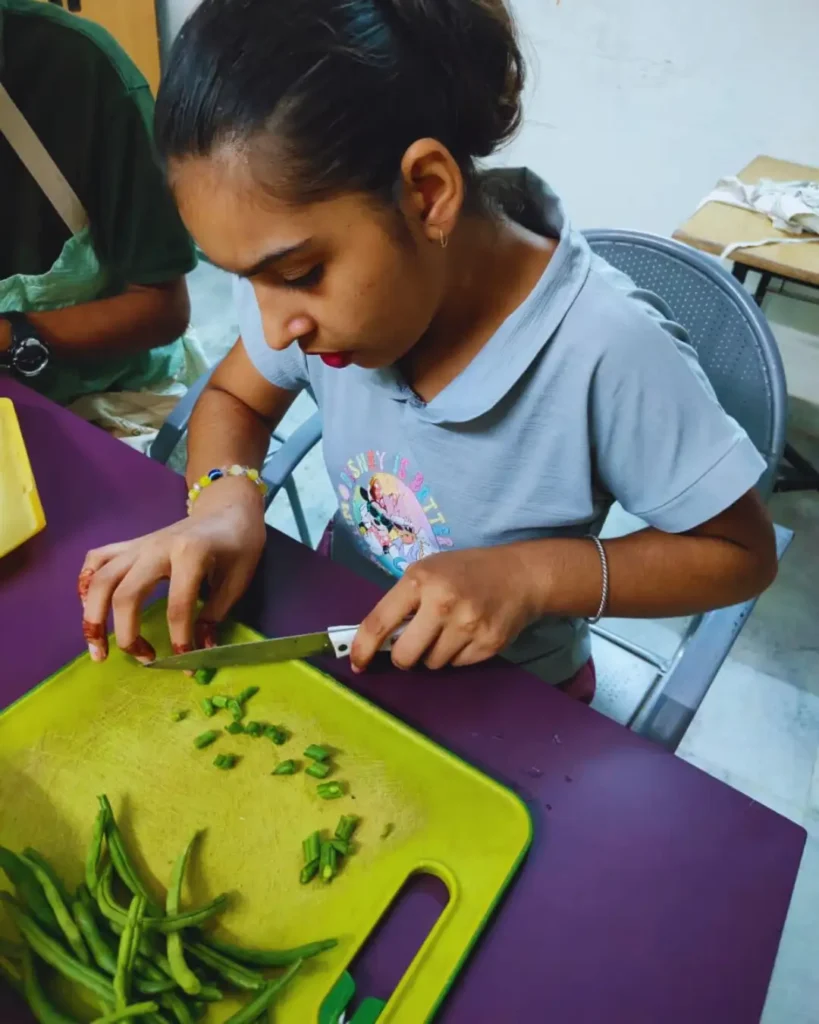
Her dreams are clear: to teach Hindi, to travel, to live independently. “She wants to have her own family one day,” her mother says, pride softening her voice.
Every small step—tying her hair neatly, greeting someone politely, completing a task—carries meaning. Each act says: I belong.
In a society that often defines women like her by their limitations, Esha is quietly rewriting her story—one of self-expression, self-respect, and self-worth.


